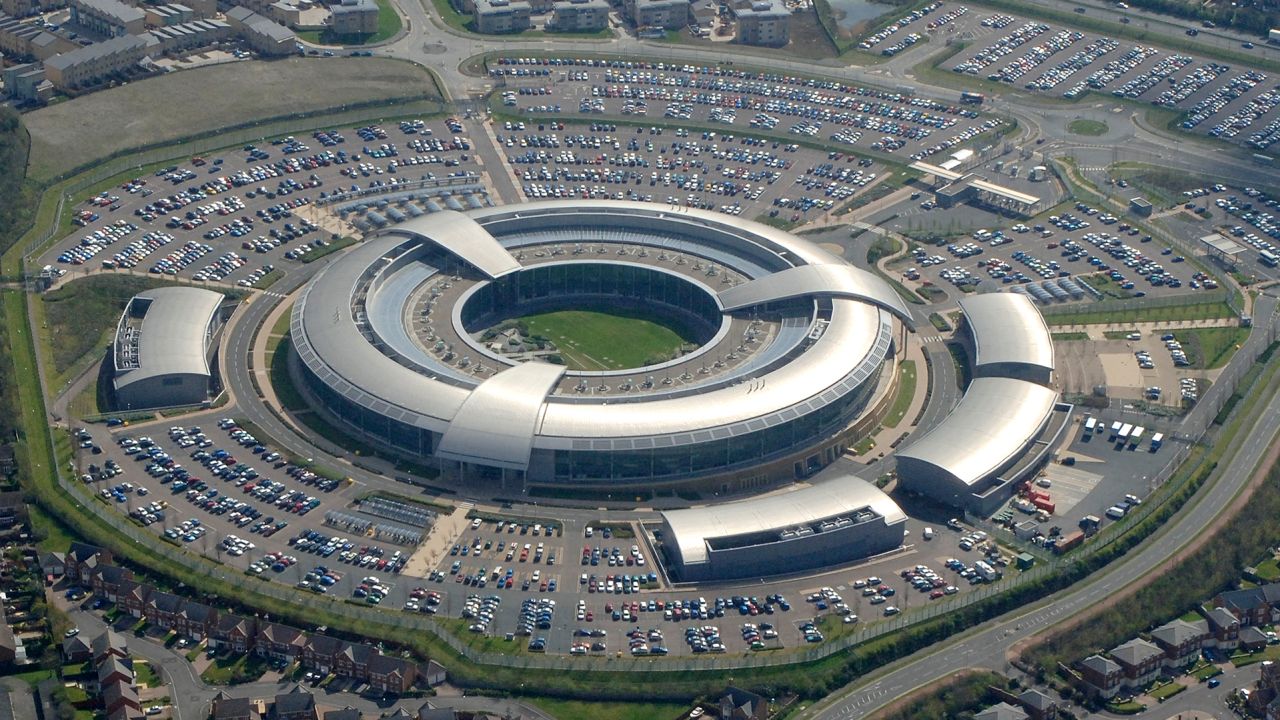GCHQ wants a British firewall to protect against malicious hackers
Maybe it apologises to hackers when it blocks them

Plans are being made by the UK's surveillance agency, GCHQ, to create a national firewall that will protect against cybersecurity threats.
The plan has been proposed by Ciaran Martin, the director general of cyber at GCHQ, at the Billington cybersecurity conference in Washington.
At the conference Martin said that around 200 cyber security incidents are detected every month but that this number is growing, with double the amount of threats identified compared to a year ago.
Some of the most common attacks are reportedly from malware installed on the computers of users who visit malicious sites disguised as sites they trust.
Filter out the bad stuff
In response to the UK's vulnerability Martin proposed his "flagship project" which will scale up DNS filtering, giving internet providers the ability to block their customers coming into contact with malware and bad website addresses.
The prime aim of the project would be first and foremost to protect government sites and any other industries which are possible risks to national security.
However, there are also plans to extend the firewall protection to any major private companies that express interest in using GCHQ's expertise in the area, with hopes that the major broadband providers will help manage the filtering process.
Get daily insight, inspiration and deals in your inbox
Sign up for breaking news, reviews, opinion, top tech deals, and more.
Before they decide whether or not they'd wish to fall into GCHQ's remit of protection these companies will no doubt have to weigh up the risk of the government agency being able to access their private details against the threat of malicious hackers.
It's possible that major companies could see some kickback from customers concerned over their privacy but these customers will be given the ability to opt out of taking part in the firewall.
Martin's proposal is still in its early stages, but it will be interesting to see how it develops as well as whether the leading private broadband providers will pick it up.
Emma Boyle is TechRadar’s ex-Gaming Editor, and is now a content developer and freelance journalist. She has written for magazines and websites including T3, Stuff and The Independent. Emma currently works as a Content Developer in Edinburgh.
